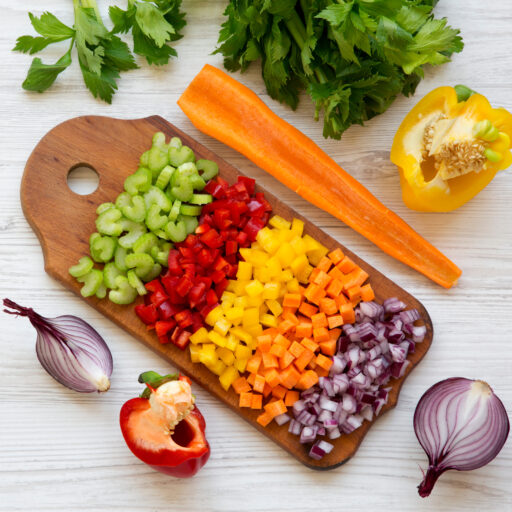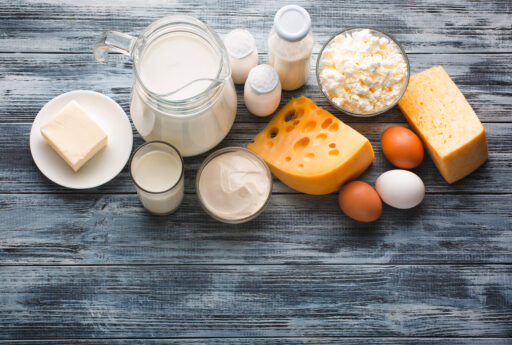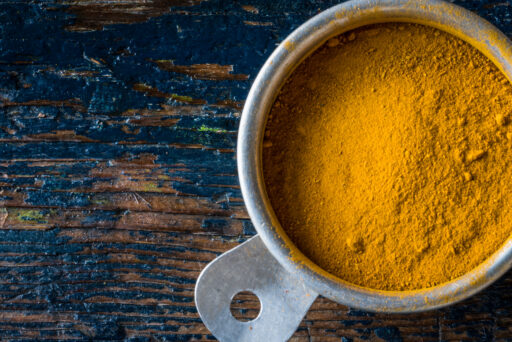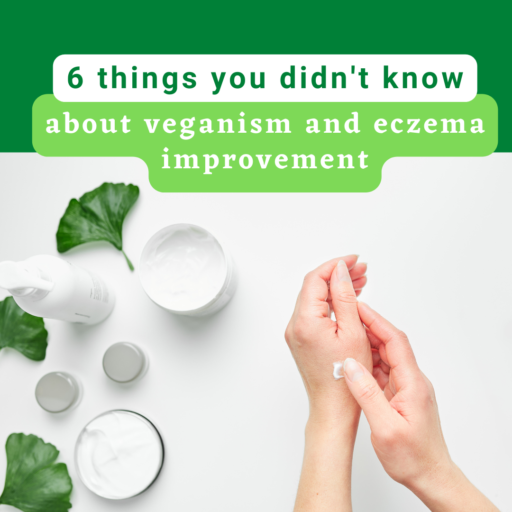Eczema is a chronic inflammatory skin disease medically known as “atopic dermatitis.” It affects one in ten people at some point in their lifetime, and it’s on the rise. Drugs are often the first line of defense that doctors recommend, advising steroids and immunosuppressants before advising food elimination diets. Yet research indicates we should likely be trying solutions the other way around. As it turns out, whole-foods plant-based veganism and eczema improvement are connected.
- 1. A whole-foods plant-based vegan diet fights eczema because it is fundamentally anti-inflammatory
- 2. Food allergies and eczema are correlated
- 3. Dairy and eggs especially promote eczema
- 4. Maternal diets impacts eczema
- 5. Certain plants are potent eczema treatment, both topically and orally
- 6. “Big Medicine” and “Big Dairy” conceal the truth for profit
- Whole-food plant-based veganism for eczema treatment: give it a try!
1. A whole-foods plant-based vegan diet fights eczema because it is fundamentally anti-inflammatory

Unfortunately, the first result that comes up when you search “veganism and eczema,” is a misleading statement devoid of context. Google pulls up a statement from a healthline.com article saying, “Interesting results from a U.S.-based national study involving over 9,000 children found that those on a vegan diet were more than 2.5 times as likely to have eczema as those who weren’t on a vegan diet.”
This first search result fails to highlight the fact that even the study itself says it’s unclear whether this means that a plant-based diet causes eczema, or whether parents of children with eczema are more likely to try a plant-based diet to reduce symptoms. As we will see, further research suggests that it’s the latter. Why would a plant-based diet, shown to reduce inflammatory diseases like eczema and asthma, cause an inflammatory disease?
Additionally, vegan diets are often rich in prebiotic ingredients (oligosaccharides, dietary fiber, and inulin), improving the gut microbiome. Prebiotics appear to reduce the severity and frequency of eczema. Ensuring sufficient intake of omega-3 fatty acids from sources like walnuts, flaxseeds, and green algae (such as Spirulina) may also be beneficial in reducing eczema.
2. Food allergies and eczema are correlated

Food hypersensitivities and eczema are frequently linked. In particular, eczema in the first two years of life is strongly linked to the development of food allergies. Around 50–70% of children with an early onset of eczema are sensitive to one or more allergens. About 40% of kids with eczema overall have some form of food allergy as well.
3. Dairy and eggs especially promote eczema

Back in 1920, a Johns Hopkins researcher reported a number of cases in which omitting eggs, meat, and cow’s milk, patients’ eczema improved. Since no companies can patent that solution, it took another fifty-eight years before those findings were put to the test. When they finally were in 1978, a double blind controlled trial found that 70% of patients improved. Remarkably, they improved regardless of whether allergy tests said they were allergic to those foods.
Trials indicate that eggs are the most likely trigger in general of eczema, whether eaten directly or incorporated in other foods. Studies have found that two-thirds of those with food hypersensitivity have egg allergies. Additionally, those who react to cow’s milk have significantly more severe eczematous reactions. Infant cases of eczema caused by cow’s milk formula alone are so common that they cost at least $355 million annually.
A 2015 systematic review of food avoidance diets for skin dermatitis found that ten out of thirteen studies documented overall clinical improvement in dermatitis by avoiding cow’s milk, egg or both.
4. Maternal diets impacts eczema

A 2021 study published in Frontiers in Nutrition found that higher maternal intake of meat during pregnancy is correlated with suspected and physician-diagnosed eczema. This is because the mother’s dietary intake affects the fetal immune system.
When breastfeeding, mothers can also expose their infants to eczema-triggering egg and dairy proteins. In a randomized trial, breastfeeding infants of mothers who cut out eggs and dairy were significantly less likely to develop eczema years later. This one simple switch cut childhood eczema rates in half in this study.
Finally, another trigger of childhood eczema is shellfish. Consuming an average of 1-13 g of shellfish per week during the first trimester of pregnancy presents a marginally increased risk of childhood eczema, as well as wheezing.
5. Certain plants are potent eczema treatment, both topically and orally

Several plants used medicinally have been found especially helpful in the treatment of eczema are turmeric, chamomile, oat and aloe. Research like this 2015 study have found them helpful in the topical treatment of eczema. In addition, the anti-inflammatory properties of turmeric, oat and chamomile make them worth incorporating in a plant-based diet. Studies indicate that phenolic compounds in plants can alleviate symptoms of various skin disorders both through both topical application and through diet.
6. “Big Medicine” and “Big Dairy” conceal the truth for profit

“Big Medicine”
Even though up to 80% of children may benefit from dietary exclusion to improve eczema, many dermatologists and pediatricians have for years denied the role of food allergy in atopic dermatitis. This may be due to the bias doctors often develop in their training, which emphasizes drug-based interventions over lifestyle and dietary changes. Furthermore, many doctors are provided with “educational” materials sponsored by the food industry during their training. While individual doctors are typically well-meaning, they are likely unaware of how their training biased them.
“Big Dairy”
Some studies attempt to exonerate dairy and even promote it to treat eczema. For instance, this 2014 study claims higher maternal intake of dairy products is linked to reduced risk of infantile eczema and asthma. However, the lead researchers were financially supported by Meiji Co Ltd, which manufactures and distributes – surprise! – dairy products.
Unfortunately, these studies misguide consumers, as they are published in academic journals like the Annals of Allergy, Asthma & Immunology. Consider that dairy is an unnatural and harmful food for humans: Cow’s milk is the hormonal secretions of a large bovine mammal who just had a baby. Why would human bodies need or benefit from baby calf growth fluid?
Whole-food plant-based veganism for eczema treatment: give it a try!
There is as of yet no cure for eczema guaranteed to work for people across the board. If you suspect you or your child may have eczema, be sure to see your doctor. Adopting a plant-based diet will likely help the issue, but may not completely solve it. Beyond meat, shellfish, dairy and eggs, other dietary triggers may include soy, wheat, citrus, peanuts, tomatoes and certain spices. Even environmental factors can cause a flare-up, such as certain soaps and shampoos, cold and dry weather, dampness, dust mites, pet fur, pollen and molds.
Sure, topical steroids and over-the-counter creams and ointments may help. But why not try addressing a potential root cause first by eliminating these common triggers first, before trying drugs? A whole foods plant-based vegan diet could be the key you’ve been looking for to effectively treat eczema at the source.


